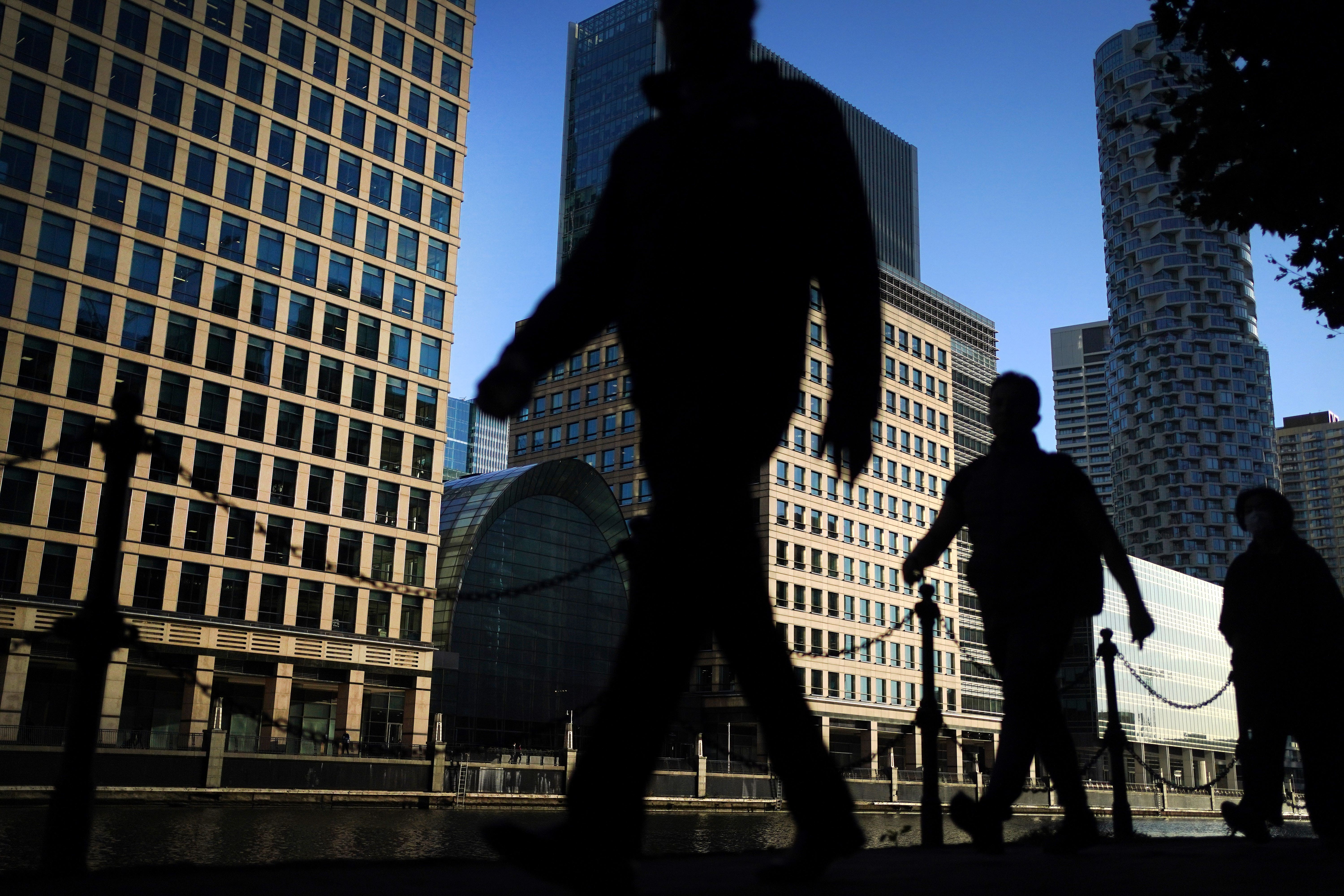Watchdog downgrades UK economic growth forecasts for next three years
Chancellor Jeremy Hunt revealed in the autumn statement that the Office for Budget Responsibility has downgraded its forecasts.

The UK economy will grow slower than previous forecasts from next year and witness a shallower fall in inflation, according to the fiscal watchdog.
Britons are also set to face the largest fall in living standards on record, although this drop will be less sharp than previously expected.
The Office for Budget Responsibility (OBR) said UK gross domestic product (GDP) will grow by 0.6% this year, after it predicted in March a marginal decline this year.
It comes after the Chancellor promised to grow the economy as one of the Government’s five pledges.
However, in the autumn statement on Wednesday, Jeremy Hunt revealed the OBR has downgraded its growth forecasts for the next three years.
He said GDP is expected to grow by 0.7% next year, with 1.4% growth in 2025 and 1.9% in 2026.
The official forecaster had previously guided towards 1.8% growth next year, with 2.5% growth and 2.1% growth in the two following years.
Consumer and business spending has come under pressure from significant interest rate rises – up to 5.25%.
The watchdog has pointed towards higher sustained borrowing costs, suggesting the the interest rate will start coming down next year but plateau at around 4% for the longer-term.
Firms and consumers have also come under pressure from high levels of inflation over the past two years.
Mr Hunt told Parliament that inflation – which dropped to 4.6% in October – is set to fall to 2.8% by the end of 2024, before hitting the Bank of England’s 2% target in 2025.
This indicates higher inflation than previously projected by the OBR in the spring, after it guided towards an inflation rate of 0.9% for 2024.
Nevertheless, higher inflation is expected to provide a boost to the Chancellor by bringing in larger tax receipts.
The OBR said this increased tax income and the decision to leave departmental spending largely unchanged would result in a £27 billion fall in borrowing.
Borrowing levels will also reach 4.5% of GDP for this year, dropping from previous projections of 5.1%.
However, most of this windfall in the Government’s finances will be spent on plans to cut national insurance contributions, permanent tax write-offs for business investment and welfare reforms.
The Chancellor will be left with a buffer of around £13 billion against his main fiscal rule – a policy set by Government to constrain decisions on spending.
This is roughly twice the size of the buffer predicted in March, but remains below the average laid out in previous budgets.
The fiscal watchdog added that the UK tax burden will also still reach a a post-Second World War high of 38% of gross domestic product despite the cuts announced on Wednesday.
In its outlook report, the OBR said: “While personal and business tax cuts reduce the tax burden by half a percentage point, it still rises in each of the next five years to a post-war high of 38% of GDP.”
It is also forecast that living standards will weaken, with real household disposable incomes set be 3.5% lower in 2024/25 than they were before the pandemic due to pressure from inflation and high mortgage rates.
“While this is half the peak-to-trough fall we expected in March, it still represents the largest reduction in real living standards since ONS records began in the 1950s”, the OBR said.
Bookmark popover
Removed from bookmarks